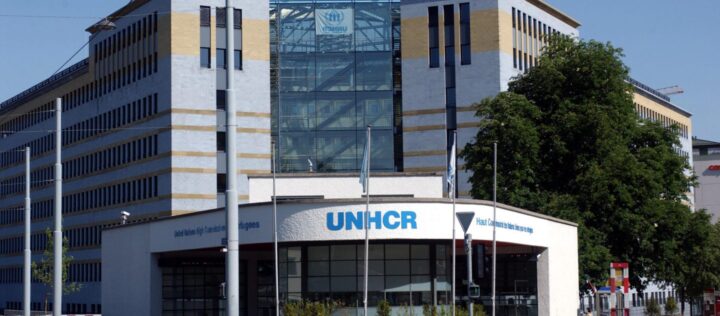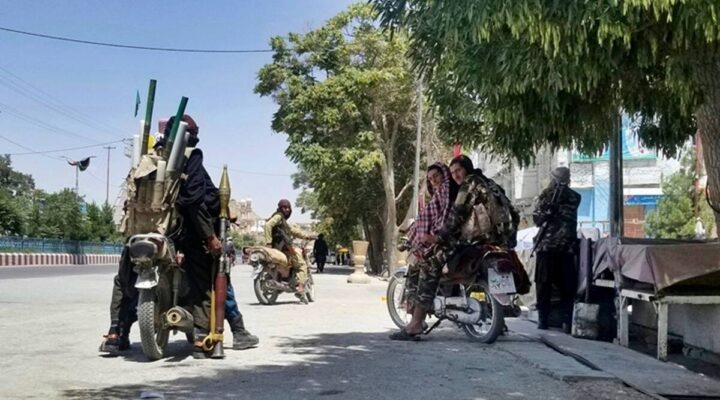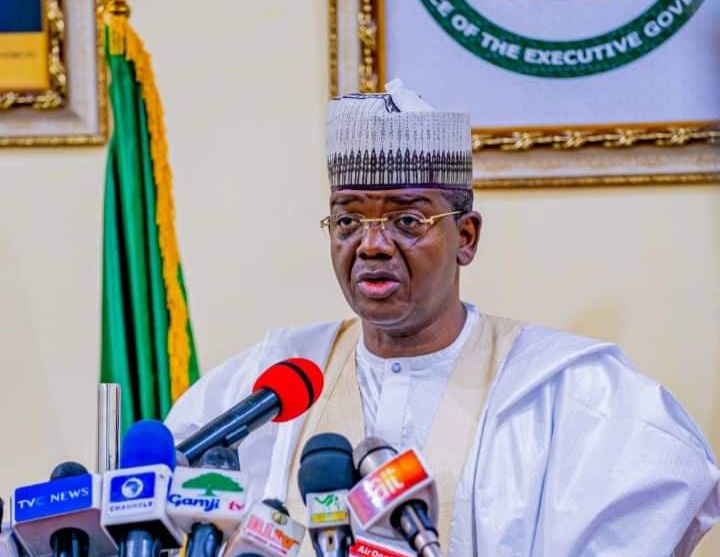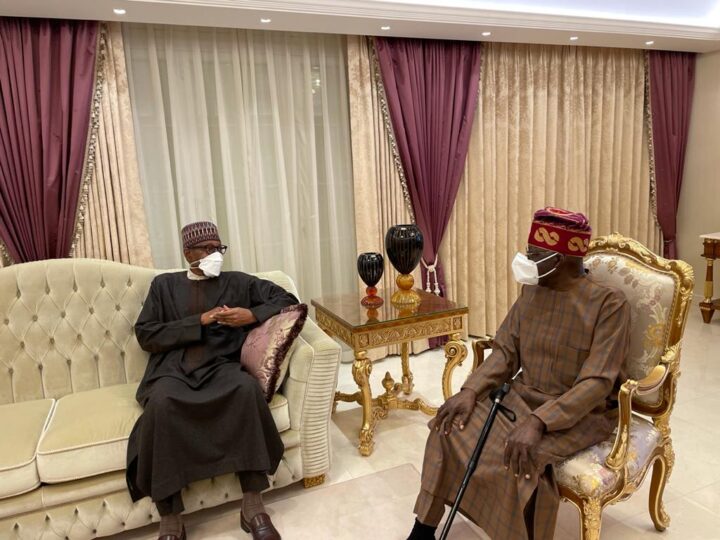Photo: UNHCR/S. Hopper
Some Cameroonian refugees in Nigeria have petitioned the United Nations High Commissioner for Refugees (UNHCR) over alleged illegal arrest and deportation by security operatives.
In the petition dated August 2 and signed by Ngwa Fuh, Obi Nelson
Akume Joshua and eight others, the refugees in Cross River, said they are now “living in hiding” as a result of the “frequent harassment and deportation” by security agencies.
The group alleged that their deported “compatriots have been court-martialed and sentenced to life term imprisonment” by the Cameroonian government.
“We particularly want to present this most recent case of the illegal arrest and detention of Mr. Oben Maxwell Ayuk who was invited for a meeting in Ikom by some police officers and then later arrested, detained and whisked off to Calabar and detained on trumped up charges,” the petition reads.
Advertisement
“At same time, security operatives arrested/abducted Njock Anthony, Arung Hans Bakah, Ntui Lambert Asam and Obi Bate Ndifon — to date, their whereabouts is unknown. We fear that they might have been illegally deported to French Cameroon.
“Before that incident, the same Nigerian Police force invaded the house of one refugee in Ikom, Mr. Ndip Samuel Ojong on 10th of August, 2018 who incidentally was not at home. They went on to arrest the following persons they found there: Obi Ndip Ernest, Sackius Nchofa, Menge Kenneth, Ebai John & Blessing Azunda.
“They equally looted property and Mr. Ojong Samuel’s car a Toyota Matrix and extorted two million naira from Mr. Sackius Nchofa, money that was meant for refugees livelihood. They were later transferred to Lagos where they were remanded to prison custody on trumped-up charges (armed robbery and illegal possession of firearms and ammunition) by a magistrate court.”
Advertisement
The refugees said the “list of cases of illegal arrests, abduction, detention and extortion of money is long, but for want of time, we want to limit it to these few cases”.
While calling on the UNHCR to intervene in the situation, the group said their problem is compounded by the fact that “access to health care has almost become a nightmare”.
“Many refugees have been asked to pay 50% of their medical bills which is very frustrating considering the fact that most of the refugees barely manage to afford a meal a day,” the refugees said.
When contacted on the development, Irene Ugbo, police spokesperson in Cross River state, told TheCable that the command has not received complaints from the refugees.
Advertisement
“Let them write to us. I can’t comment on what I have not seen. They have not reported to us officially,” she said.
VIOLATION OF GLOBAL STANDARDS?
In 2019, TheCable reported how some of the refugees complained about their “poor living conditions” both in the settlement camps and in host communities.
Over the years, there has been a lot of international laws and treaties adopted by various countries to ensure the protection of rights of persons affected by humanitarian crisis, like the case with Cameroon.
The Fourth Geneva Convention, which is ratified by Nigeria and Cameroon, recognises the vulnerability of refugees as aliens in occupied territories and the absence of protection by their state of nationality.
Advertisement
The AU Convention governing the specific aspects of refugee problems in Africa also seeks protection of refugees and prohibits “discrimination as to race, religion, nationality, membership of a particular social group or political opinions”.
THE CAMEROONIAN CRISIS
Cameroon, which is a bilingual country with French and English as its official languages, is locked in a political crisis with the Anglophone region alleging marginalisation by the Francophone region which makes up about 80 percent of the country.
Advertisement
Anglophone separatists, who want to create a new nation called Ambazonia, declared “independence” from Cameroon — but this has met stiff resistance and fierce clampdown from government.
At least 1,800 people are reported to have been killed in the crisis with 530,000 others said to be displaced.
Advertisement





